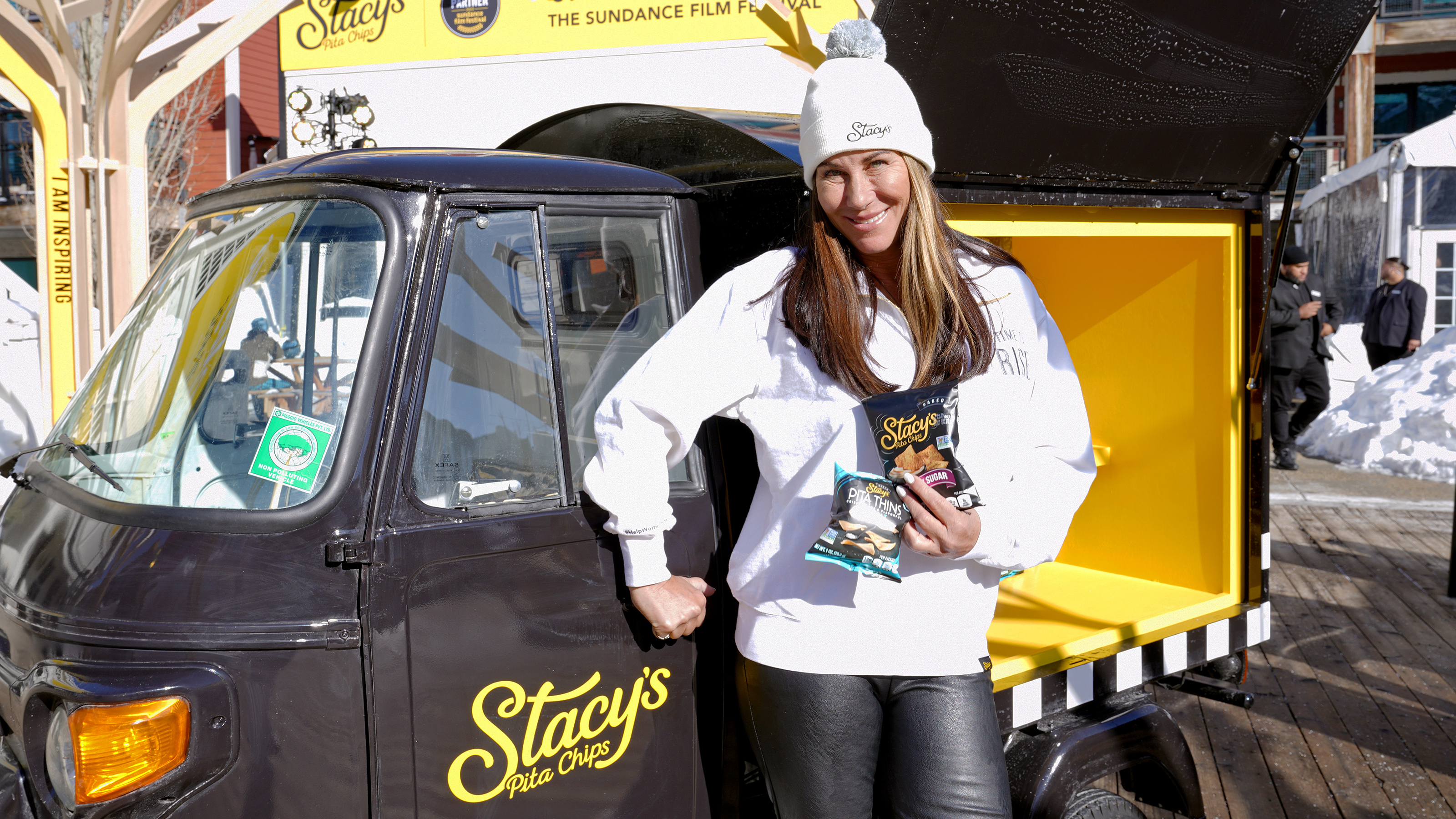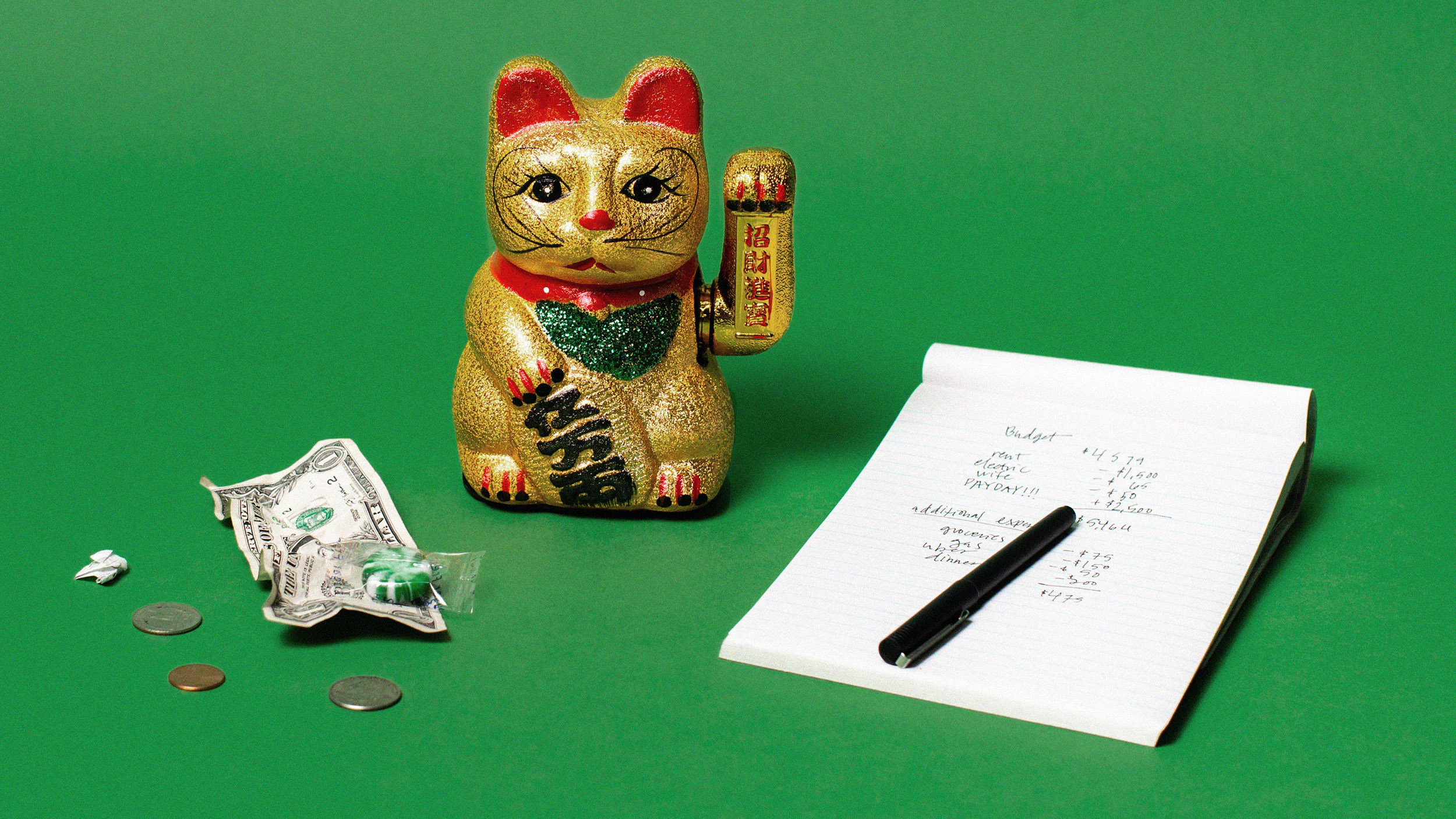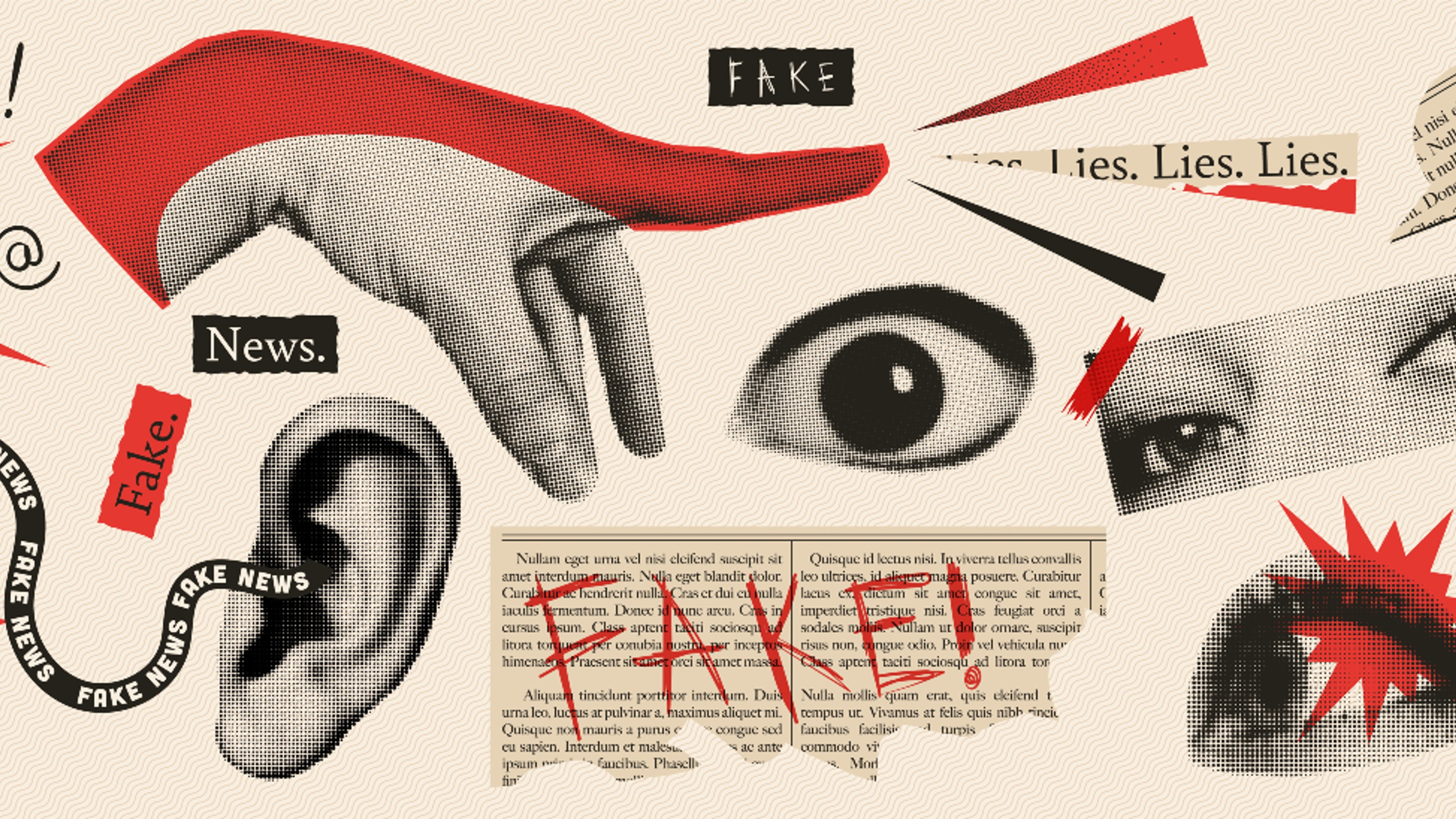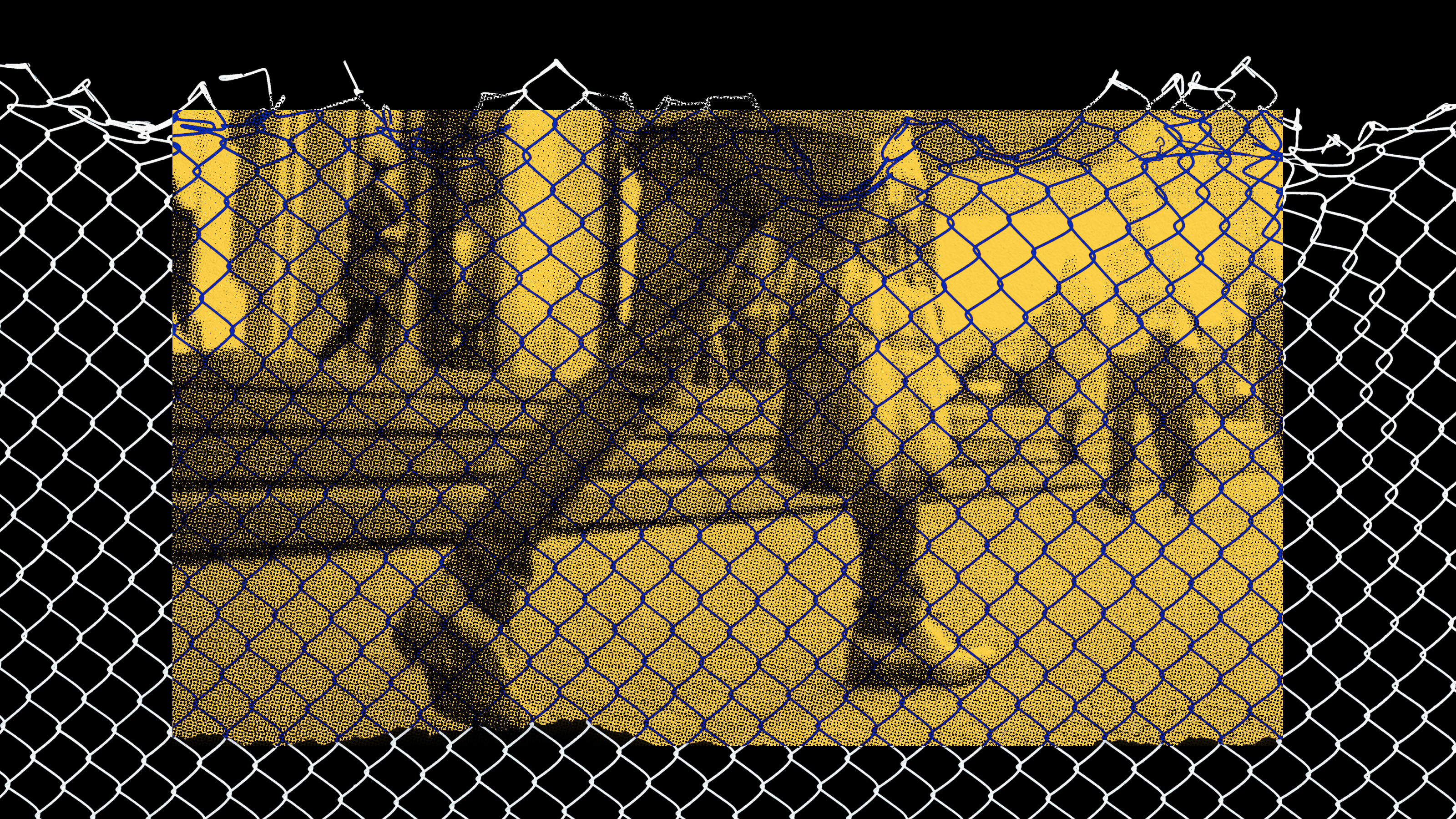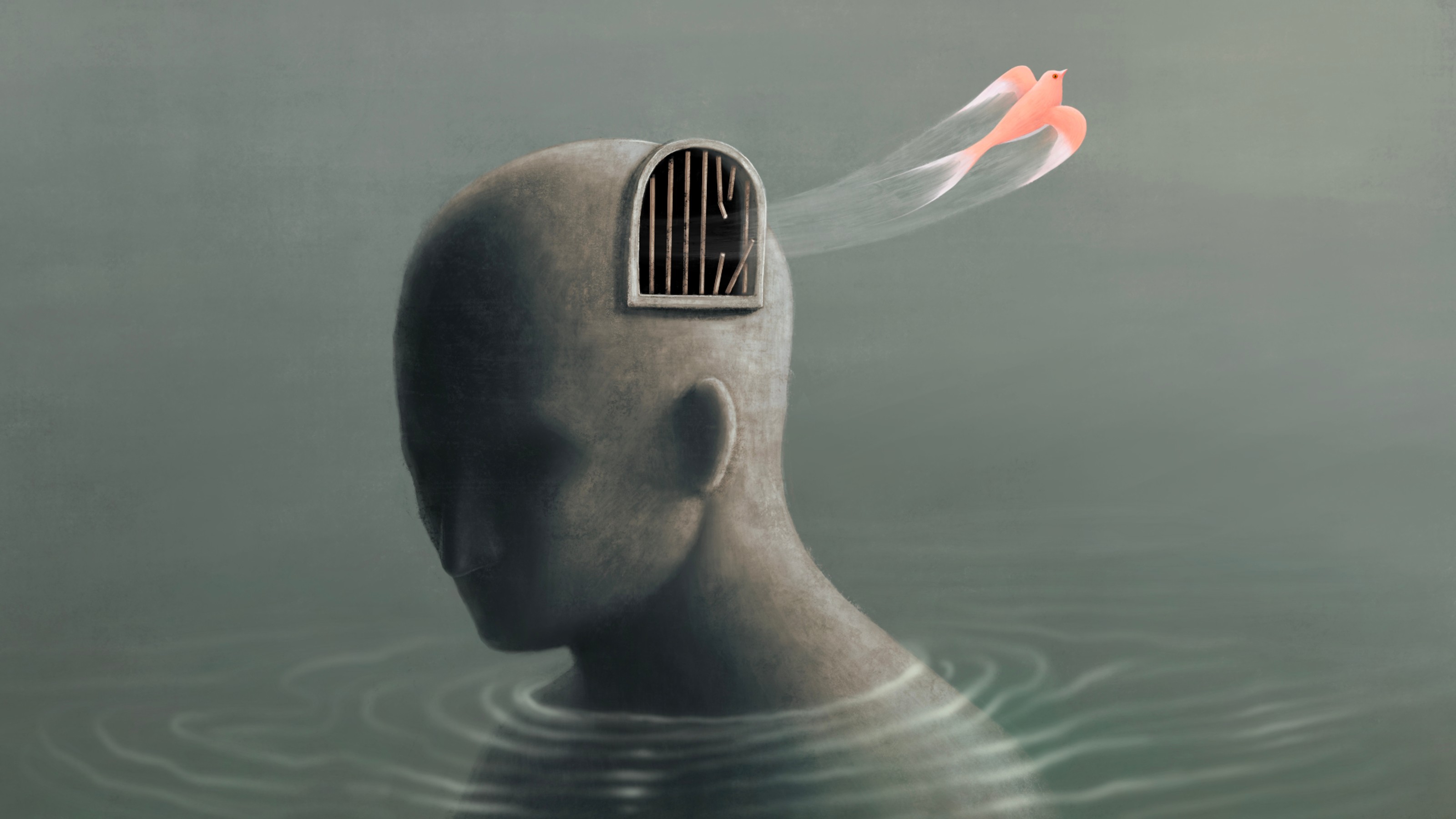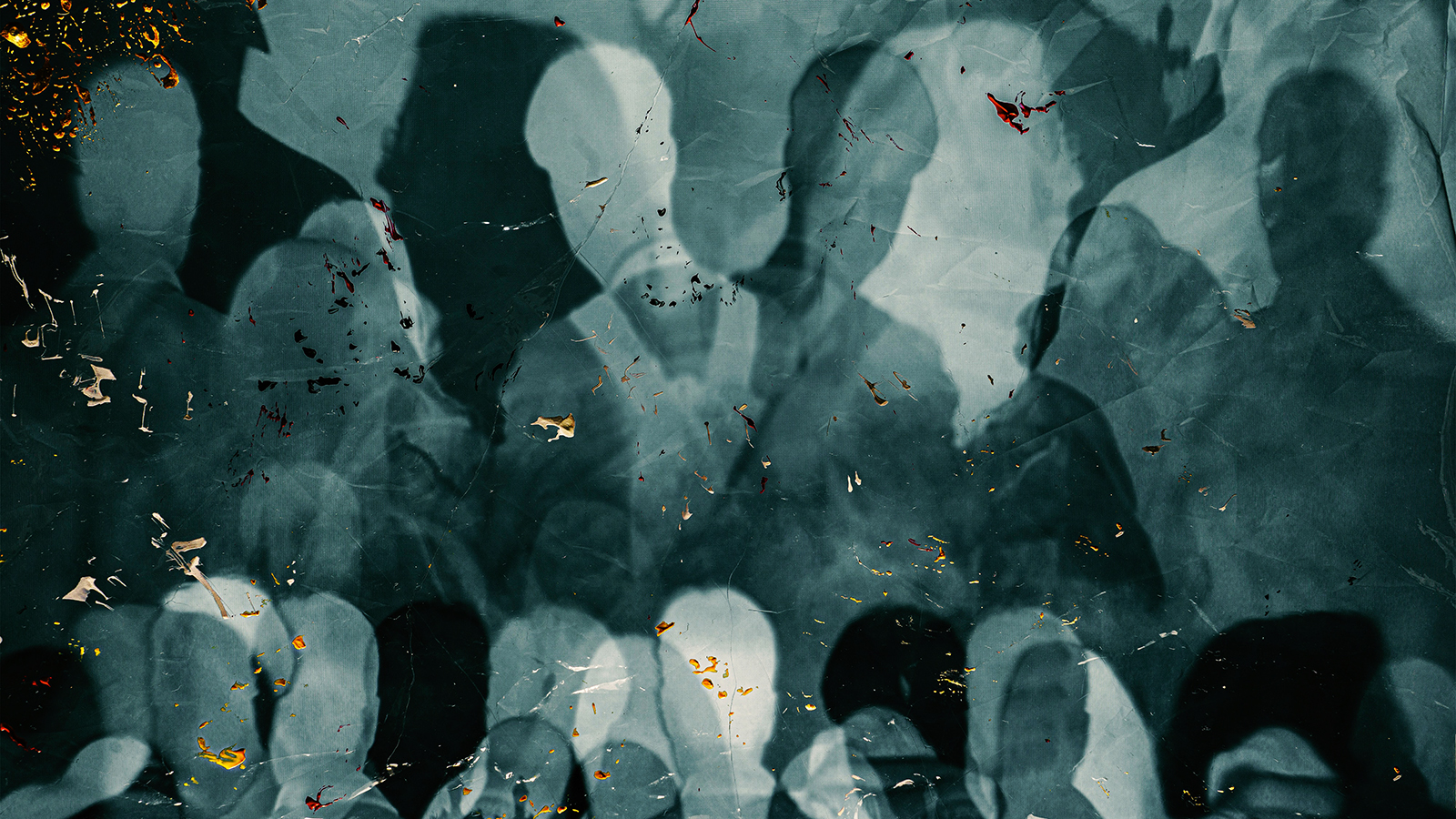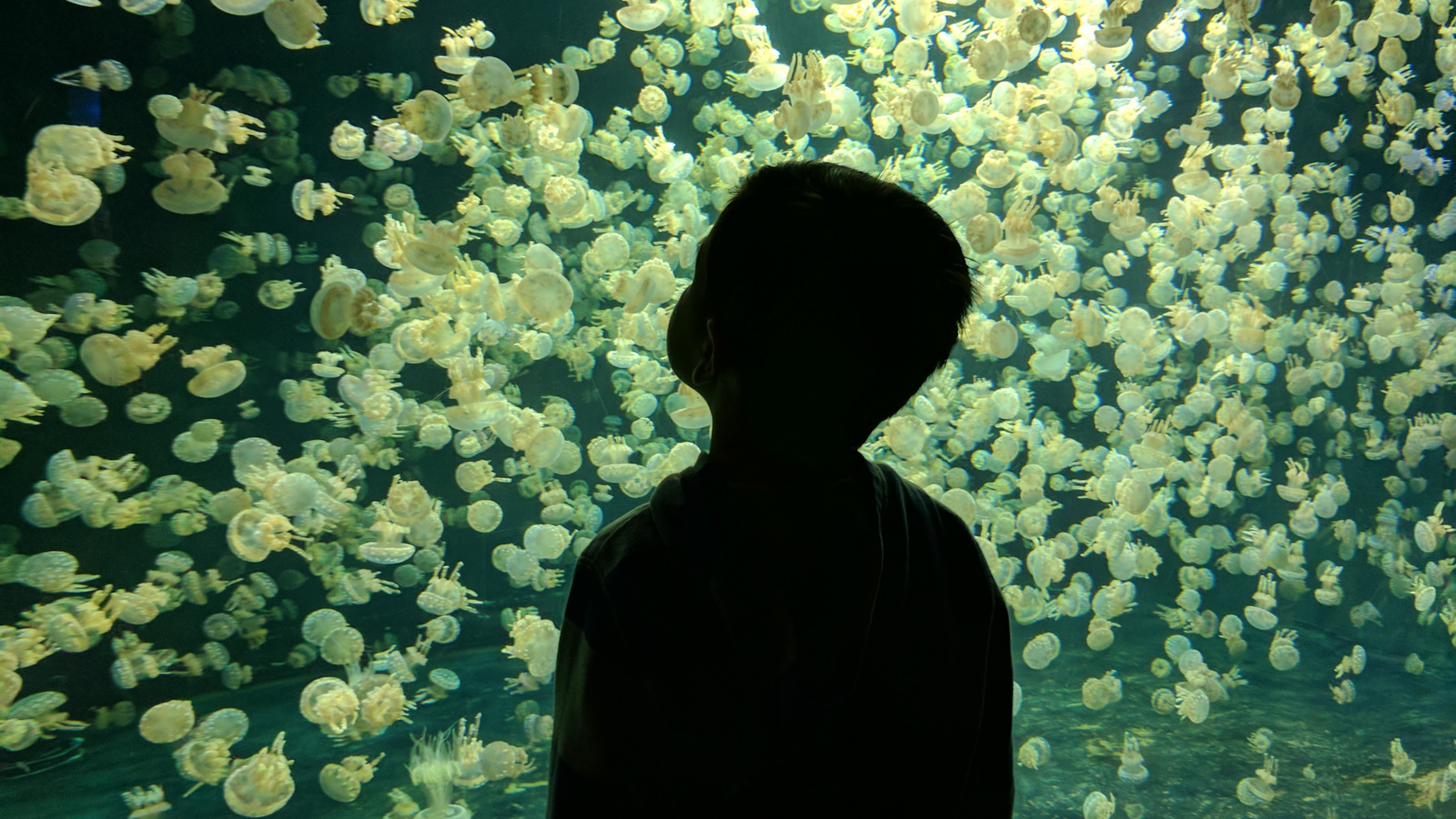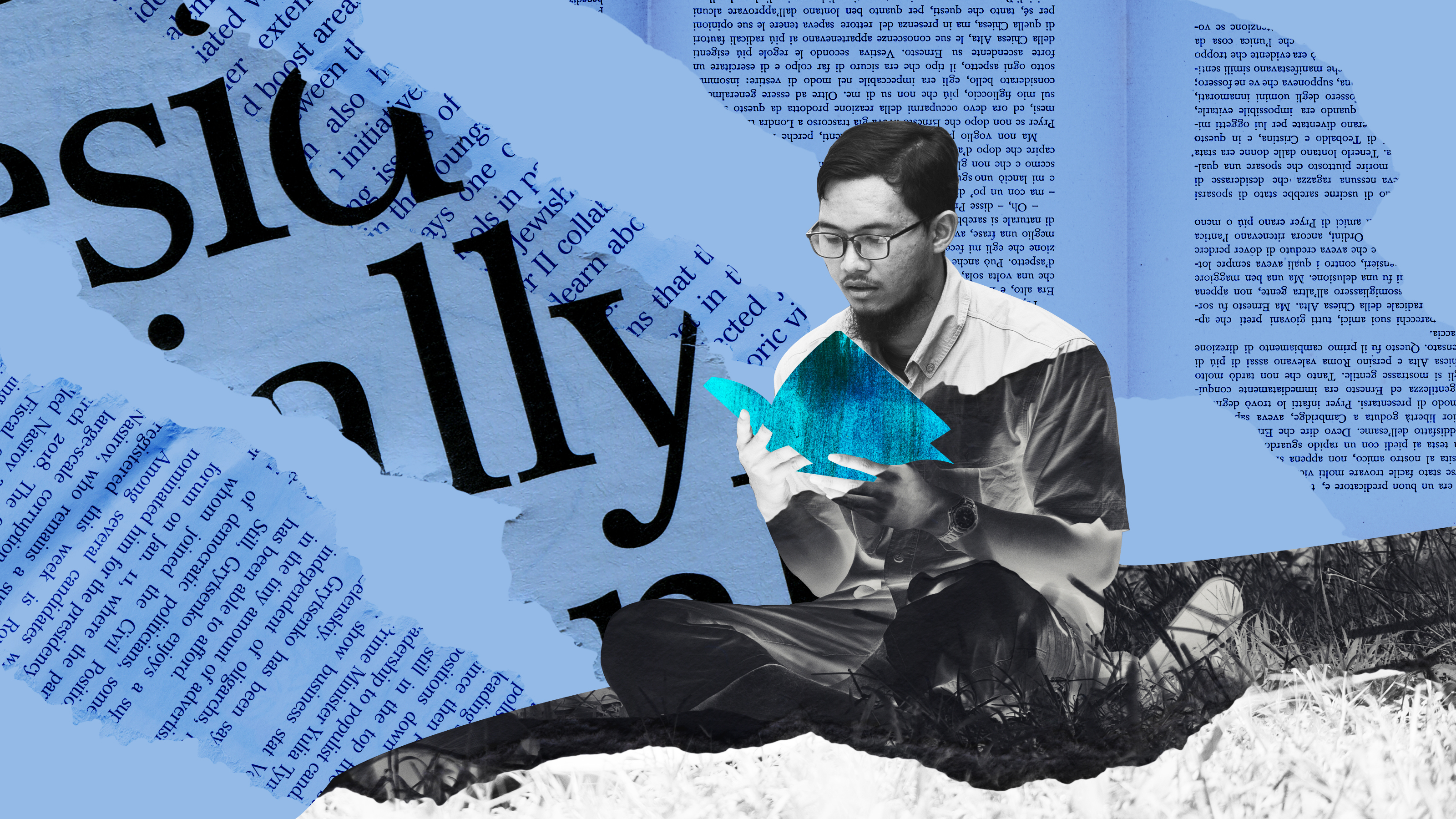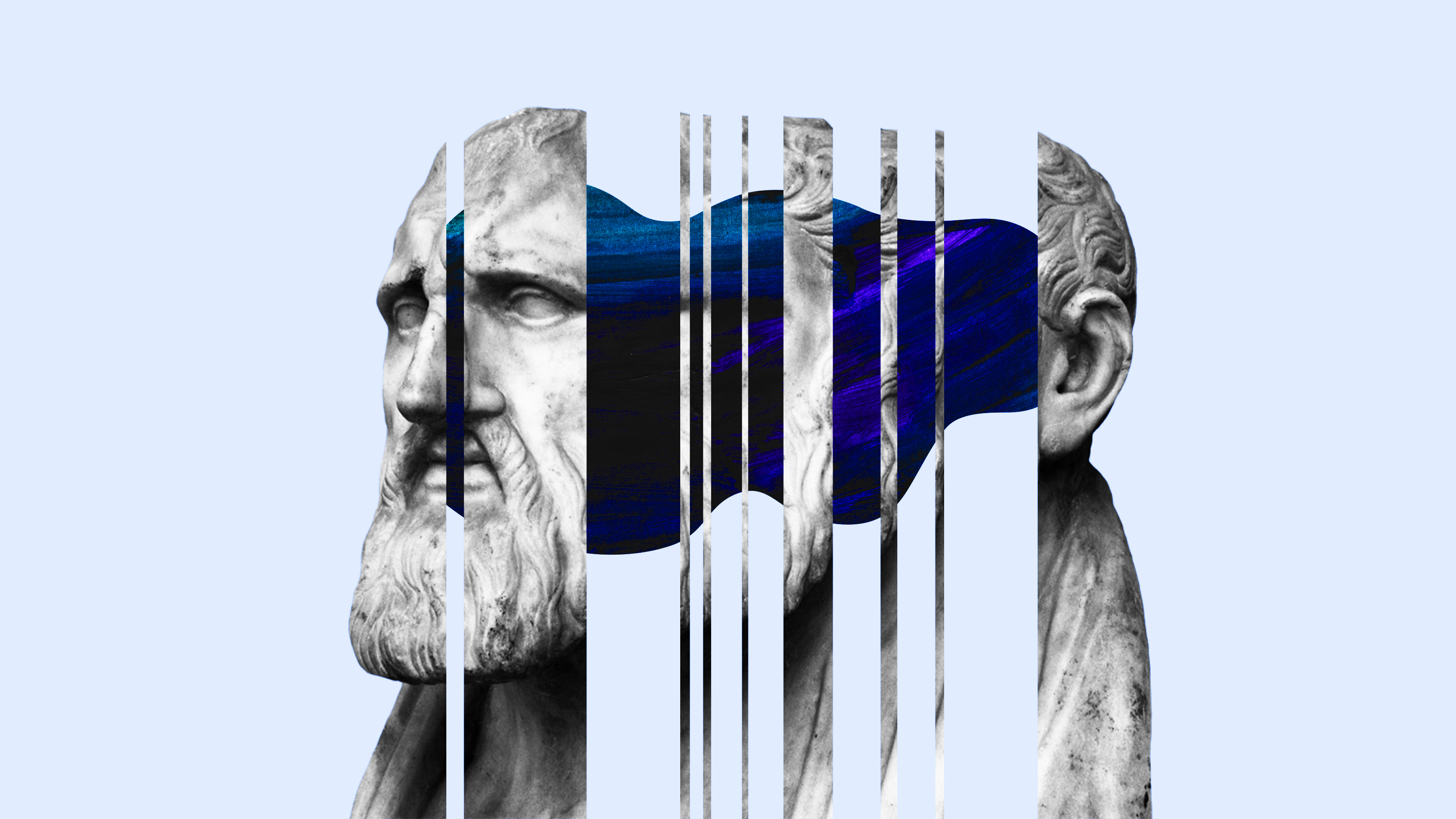Kevin Dickinson
Kevin Dickinson is a staff writer and columnist at Big Think. His writing focuses on the intersection between education, psychology, business, and science. He holds a master’s in English and writing, and his articles have appeared in Agenda, RealClearScience, and the Washington Post. Follow him on LinkedIn and Twitter @KevinRDickinson.

The history of hell doesn’t begin with the Old Testament. Instead, hell took shape in the 2nd century from Mediterranean cultural exchange.
To reap the benefits of AI technologies, businesses must keep humans in the driving seat.
According to neuropsychologist Julia DiGangi, no one can live a life free of emotional pain. We can only choose how those emotions empower us.
How Stacy Madison — founder of Stacy’s Pita Chips and BeBOLD Foods — discovered that reinvention is not a one-off deal but an ongoing process.
In work and life, the rules of success are being redefined.
Successful alpha leadership is more about caring and healing than dog-eat-dog supremacy.
Spend well, save well, live well.
Philosopher Lee McIntyre discusses the dangers of disinformation, how such falsehoods spread, and what we can do about it.
We can no longer approach the news as passive consumers.
Scott Dikkers discusses comedy, the creative process, and life lessons learned playing peekaboo.
Daydreaming can be a pleasant pastime, but people who suffer from maladaptive daydreaming are trapped by their fantasies.
When a whoopsie-daisy just won’t cut it.
It’s like combining Google Translate with a time machine.
Research suggests that employees with criminal records are far less likely to quit their jobs, perhaps due to a greater sense of loyalty.
“Human connection is as threatened by unhealthy peace as it is by unhealthy conflict.” —Priya Parker
The National Suicide Prevention Lifeline relaunched last year with a new number, yet few Americans are aware of the helpline and its purpose.
Impossible standards and poor self-understanding are making us miserable.
Philosophers Massimo Pigliucci and Greg Lopez discuss how Stoicism can help us gain perspective on our emotions and act with intention in the world.
Meditation can put you in a wiser relationship with life.
The replication crisis has debunked many of psychology’s fair-haired hypotheses, but for the marshmallow test, things have only become more interesting.
Claims of a “loneliness epidemic” aren’t based on robust data. Loneliness might be a problem, but it’s not worse than it was in the past.
People with aphantasia cannot conjure mental images, either original or from memory.
Despite a reputation for catastrophe and cat killings, curiosity is a beneficial drive that improves our lives and well-being.
The “island rule” hypothesizes that species shrink or supersize to fill insular niches not available to them on the mainland.
Reading classic books can inform you as much about the present as the past.
Nagomi helps us find balance in discord by unifying the elements of life while staying true to ourselves.
The paradox of failure explains why even a healthy rage-quit won’t keep a good gamer down.
Journaling helped Marcus Aurelius cultivate the emotional intelligence necessary to steer Rome through turbulent times.



